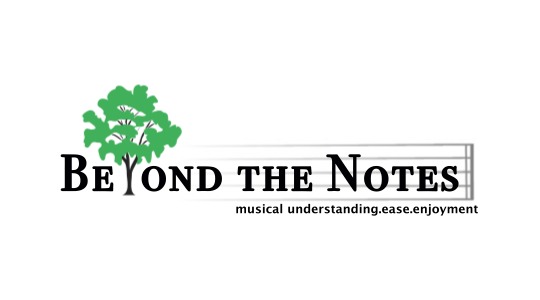As we are approaching the end of 2009, I feel the need to get some thoughts off my mind and onto my blog. Unfortunately I fear that what I'm about to write may land me in a bit of hot water, especially to those brave and wonderful souls that teach piano. I am not a teacher myself and I am very quick to tell that to people when I they ask me if I will teach their children piano or cello. Teaching intimidates me, no, terrifies me and it is largely because I haven't had much instruction in the art of teaching, especially beginners. I prefer to say that I am a coach and that I will coach only those that have a primary teacher, in other words someone who will bear the primary responsibility. I know, I am a bit of a wimp and I'm the first to admit it. Anyway, this is not what I wanted to end the year saying. So here goes.
I am concerned, as are many, about keeping classical music relevant and of interest to the younger generations. Many discussions focus on the audience, but over the past fifteen years or so I have been making a lot of observations about young musicians as well and about pianists, in particular. What I am noticing is that many young pianists have quite a narrow perspective about what they can actually do with their piano playing. They have very little experience doing anything other than working on their solo repertoire for months at a time and them performing them at competitions and at recitals. You ask them what they want to do with their music and they look as if you've asked a reduntant question because to them there's only one possible answer - a "pianist" which I think in their mind really means soloist. I think this is really very sad, partly because there are so few spots for the type of soloist they have in their mind's eye. And I also think it's sad because it's just so limiting, especially if that's what they have in their mind starting at an early age.
There are so many other things a young pianist could become. In my mind, one of the fantastic things about playing this instrument is the variety of jobs, performances, and experiences you can have, either as a professional or as an amateur: choral accompanying, ballet company pianist, chamber music pianist, church or temple pianist, opera coach/pianist, symphony pianist, collaborator/accompanist, restaurant entertainer...I know there are others that I'm forgetting. And another wonderful thing about most of these jobs is that they involve making music with other people and at least for me, that is something that I feel is like nourishment. I love to play music by myself but there is something magical about communicating with others through music and not with words. It can create a sense of well-being that is really quite indescribable. But here's what I'm concerned about...these young pianists will not be able to win those jobs listed above, or at least they won't be able to do them very well, if they aren't exposed to the skills that are needed for them now. Sightreading, learning music quickly, accompanying, reading choral scores...I was fortunate to gain many of these skills through accompanying my high school choir, playing duets with my mother, playing chamber music with some neighborhood friends, and playing cello in orchestra. None of it actually came from my private lessons. I know it seems like it all takes too much time but isn't there a way to expose kids to these skills earlier on, to give them a taste of some of the fun that they can have with their talents?
And that brings me to my last point. At the beginning of this post I mentioned my concern about keeping young pianists interested in performing classical music...the world today is about building social networks and community - Facebook, Twitter, MySpace, texting, cellphones. I can't imagine that being alone in a practice room for hours at a time can be easy for a young pianist in today's society so perhaps piano study needs to adapt a bit. I am convinced that if young pianists were given the chance to accompany church choirs, accompany siblings in Suzuki recitals or in their brother or sister's recital, play in a chamber music group at school, we'd have a lot more young pianists fired up about music making again and I don't think that would hurt anything. Do you?

